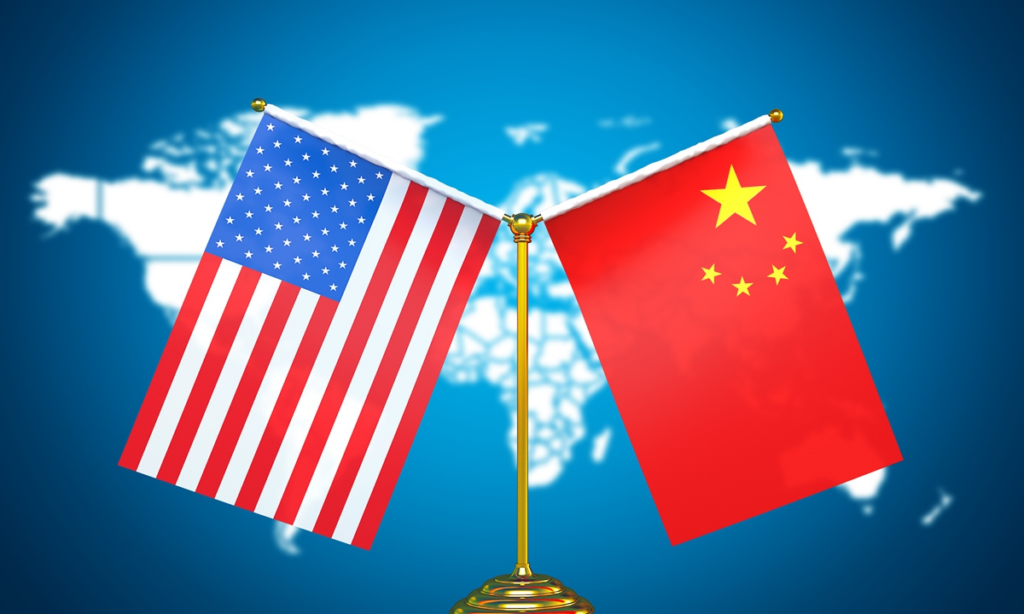中文
What is a “Round Table”?
The conference’s primary academic component is the “Round Table/Roundtable,” abbreviated as “RT.” RTs offer a structured discussion format where experts and interested individuals engage in open, often informal conversations on specific topics. These discussions not only expose delegates to fresh perspectives but also foster trust and mutual understanding among participants. Topics range from public health and wellness to economics and finance.
Each Roundtable, led by an Executive Committee Roundtable Coordinator, includes an equal mix of Chinese and American Delegates to ensure balanced cultural perspectives. During the conference, Delegates will participate in RT discussions and collaborate on research projects directly linked to their respective RT topics and the conference’s overall programming. These projects, when presented at site forums, serve as valuable deliverables that consolidate the content Delegates engaged with during the conference and facilitate a deeper exploration of key issues within their RT topics. Through intensive discussions and academic collaboration, participants develop a more nuanced understanding of their international counterparts and actively collaborate to generate real-world solutions within the context of U.S.-China relations.
The 4th China-America Student Conference’s Roundtables are:
- China’s Cultural Expansion
- Education and Society
- Ethics of Policy-making
- International Relations; and
- Legacies and Narratives
Roundtables

China’s Cultural Expansion
Roundtable Leader: Vincent Lay
Though China’s global influence in political and economic spheres has continued to grow at a near exponential pace, an area they’ve had considerably less success is within the cultural world. Despite the country being a key player in globalization, China’s cultural products see far less proliferation compared to other East Asian nations. Like most countries that continue to amass global power, China also hopes to export its ideology through cultural means such as its art, media, and propaganda. However, given the capitalist nations that dominate the lion’s share of the world economy, China risks alienating potential consumers with its decidedly more communist values. With China already having played revisionist to aspects of its traditions such as Confucianism, this roundtable not only asks the question of whether China will be able to successfully create a cultural identity amongst the world, but if it can do so without compromising its own values.
Education and Society
Roundtable Leader: Sophia To
In this roundtable, we’ll explore diverse educational experiences, focusing on how upbringing and academic environments shape our values. We’ll also examine the differences between the Chinese and American education systems, including their approaches, the role of critical thinking, and cultural influences. We’ll delve into collectivism in China versus individualism in the US and discuss how family values impact our perspectives. This Roundtable isn’t just about learning; it’s a space for insights, cross-cultural understanding, and envisioning a brighter future in education and society. We’ll discuss historical context, critical thinking, and societal values, and Delegates will share their personal experiences. We’ll conclude by inviting innovative ideas and recommendations for the future of education and society in both countries, fostering cross-cultural insights and a shared vision for the future.


Ethics of Policy-making
Roundtable Leader: Allison Hunt
Ethical policy-making in both China and the United States is deeply rooted in a complex blend of philosophical traditions and cultural beliefs. While China draws from its rich Confucian heritage, emphasizing values such as family, respect for authority, and social harmony, the United States champions individualism, democracy, and utilitarianism. How these distinct ethical frameworks coexist and shape policy decisions in a globalized world is a thought-provoking question. This roundtable seeks to explore not only how these ethics shape diverse policy areas like education and human rights, but also the opportunities for cooperation and understanding that emerge from their diversity. This exploration is key to navigating the complexities of international diplomacy and global governance, fostering a deeper appreciation of the intricacies behind ethical policy-making in these influential nations.
International Relations
Roundtable Leader: Jing Wu
The International Relations roundtable serves as a platform for in-depth exploration and analysis of international relations, with a special focus on one of the most critical bilateral relationships in today’s global landscape—the China-U.S. relationship. Through rigorous debates and constructive dialogues, this roundtable aims to foster a deeper understanding of the complex dynamics shaping the interactions between these two influential nations and their impact on the broader world stage. Participants will delve into topics ranging from trade and diplomacy to security and geopolitics, all with the goal of contributing to the advancement of knowledge in the field of international relations.


Legacies and Narratives
Roundtable Leader: Melody Lau
History is a living narrative, rich with multiple perspectives and layers waiting to be uncovered. The Legacies and Narratives roundtable examines how historical and contemporary legacies and narratives impact various facets of U.S.-China relations, from policy choices to cultural identity and personal beliefs. It delves into the way elements like identity, culture, and memory are interwoven into these narratives, influencing how governments, societies, and individuals perceive themselves and the world. This examination provides crucial historical context, enables pattern recognition, and dispels misconceptions, ultimately promoting informed and strategic decision-making in the bilateral relationship. By dissecting the legacies and narratives associated with these two nations, this roundtable nurtures a nuanced understanding of complex issues, promotes effective exchanges across diverse fields, and empowers individuals to shape their own narratives and legacies in an ever-evolving global landscape.